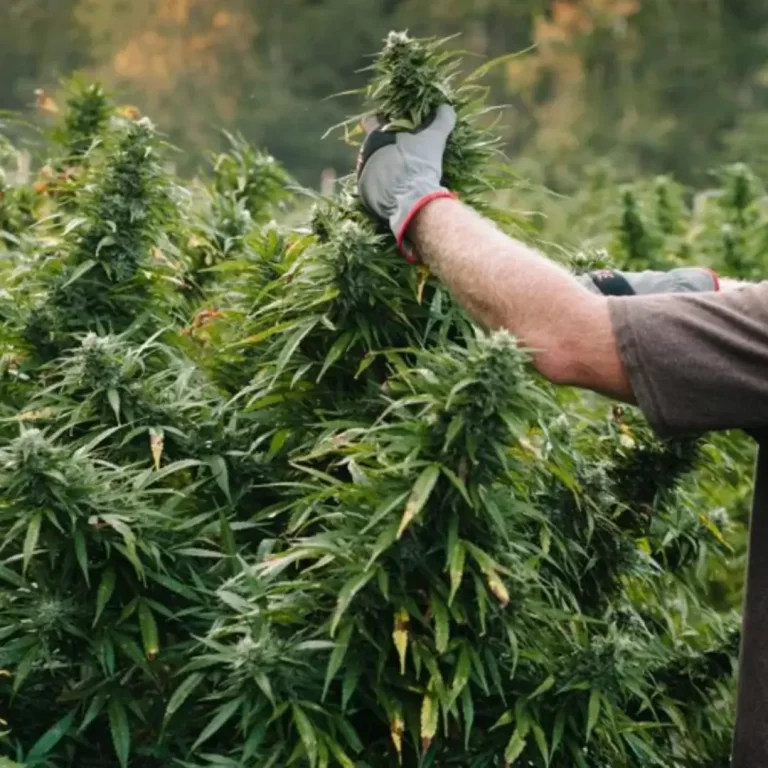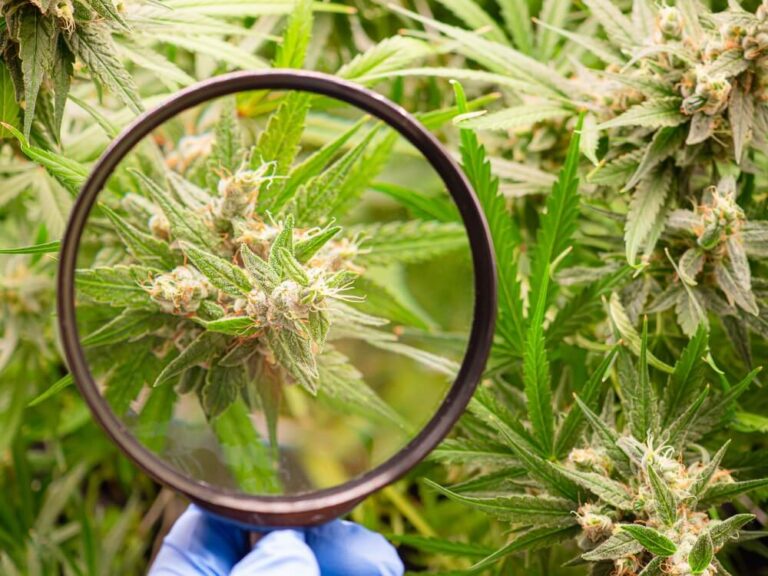
Colombia’s Legal Cannabis Industry Faces Regulatory, Political Challenges
- Cannabis News
- Cannabutter Digest
Twenty-seventeen was a milestone year for Colombia. It was during that time that the country became one of the first in Latin America to pass legislation legalizing medicinal marijuana sales. Cannabis advocates felt that legalizing recreational sales was only a stone’s throw away. However, since then, the cannabis industry in Colombia has suffered numerous setbacks and stumbling blocks. Local cannabis producers are feeling the pressure, and efforts to legalize recreational cannabis continue to fail.
Where does Colombia’s legal cannabis industry stand? The political landscape is hazy, leaving remaining cannabis companies and investors in trouble.
Colombian Cannabis Industry in Turmoil
Many legitimate Columbian cannabis companies are in turmoil. When the Latin American country first legalized medicinal marijuana sales in 2017, the industry took off. Cannabis and hemp have always been vital crops in the country. Since the late colonial period, people cultivated hemp for its industrial applications. However, cannabis also thrived in the Columbian climate, and by the 1960s and 70s, booming marijuana production in the country was fostered by North American drug traffickers.
When medicinal cannabis sales became legal in 2017, legitimate cannabis cultivators moved in. The newly budding cannabis industry attracted nearly $500 million in foreign investments, primarily from Canadian companies and investors. However, the changing political landscape in the country and stringent industry regulations are slowly killing the legal cannabis industry. A recent bill aimed at legalizing adult-use cannabis may be the final nail in the cannabis coffin was presented to the Colombian Senate. However, during the session, votes to archive the proposed legislation succeeded in putting an end to the bill.
Many in the cannabis industry thought their woes were over when they overcame a regulatory bottleneck that prevented them from exporting dried cannabis flower. However, sales are in a slump, and a downturn in the market means nearly 50 percent of the cannabis companies founded since the Columbian government legalized medical marijuana have shut their doors. Two hundred companies have closed in 2023 alone, bringing the total of company closures to 600 since Columbia legalized medical marijuana.
Cannabis industry group Acocolcanna suggests that if recreational use is not legalized in the country soon, the local cannabis market will fall into the hands of criminals and criminal syndicates, not licensed cannabis companies. Already, Toronto-based company Khiron Life Science has shuttered a $15 million medical marijuana plantation. An undisclosed Canadian company that was set up in 2018 is seeking new investments to offset a $20 million business investment in the market. Despite attracting nearly $500 million in foreign investment funds, most of that money has not been recouped. A Colombian-Canadian-based company near Bogota fired 200 of its 218 employees and is the latest victim of Columbia’s problem-riddled legal marijuana industry.
What’s the Problem?
The problem for legitimate marijuana cultivators and cannabis companies is they have a limited legal domestic market for cannabis products. Exports are one potential source of income, but export sales only generate an average of $5 million in sales annually, according to a government trade organization. Many believe it was a mistake not to develop a legal, local cannabis market in Columbia before legalizing medical marijuana. However, developing a booming legal marijuana market in Columbia is challenging without legalizing recreational adult use in addition to medicinal use.
Additionally, medical marijuana is not covered by Columbia insurance providers. Without insurance assistance, many people cannot afford medicinal cannabis, putting a significant financial constraint on consumers while slowing growth and sales for businesses. Industry-friendly rules have been few and far between, and many cannabis producers say progress is moving too slowly. The market simply isn’t big enough to support positive cash flow.
Unfortunately, the optimism advocates once felt for developing meaningful recreational cannabis reform in Columbia following the legalization of medicinal cannabis has quickly waned.
Recreational Cannabis Legalization Still a Pipe Dream
Many cannabis advocates and investors are wondering if recreational cannabis legalization is just a pipe dream. A law to legalize recreational cannabis failed for the fifth time in Congress recently. The Columbian Senate rejected the proposed measure. Those in opposition to recreational cannabis claim supporting the measure amounts to condemning Columbian youth and consumers to the influence of illicit drug traffickers. Former Columbian President Alvaro Uribe applauded the rejection of the measure and has previously expressed his opposition to legalizing cannabis in the country. His position stands in stark contrast to current President Gustavo Petro, who supports cannabis legalization.
President Petro recently issued an executive decree eliminating the $50 fine levied on individuals found in possession of small quantities of drugs. The decree also prohibits Columbian authorities from confiscating the drugs and builds on his previous decriminalization policies. President Petro has also expressed a desire to work with other Latin American neighbors to discuss drug consumption as a public health issue and not continue to rely on an outdated, ineffective, militarized approach to drug policy.
However, support from the current Columbian President is not winning over his opposition in the Senate. In June, the Senate also voted against a measure that would have legalized recreational cannabis in addition to ending Columbia’s prohibition on the substance. While medicinal cannabis and industrial hemp cultivation remain legal, recreational marijuana reform seems out of reach for the time being.
Without hope of creating a recreational cannabis market in the country, current cannabis investors and cultivators remain skeptical that their fortunes will turn around anytime soon. Many hope they can hang on until regulations loosen or the political climate changes for the better. Downsizing, layoffs, and scaled-back cannabis investment in the country may be standard practice until lawmakers can come up with practical solutions to the cannabis turmoil in the country.
Are you interested in learning more about cannabis culture and related news from around the globe? Check out Cannabutter Digest. We are your premier destination for cannabis news, recipes, and product reviews.






